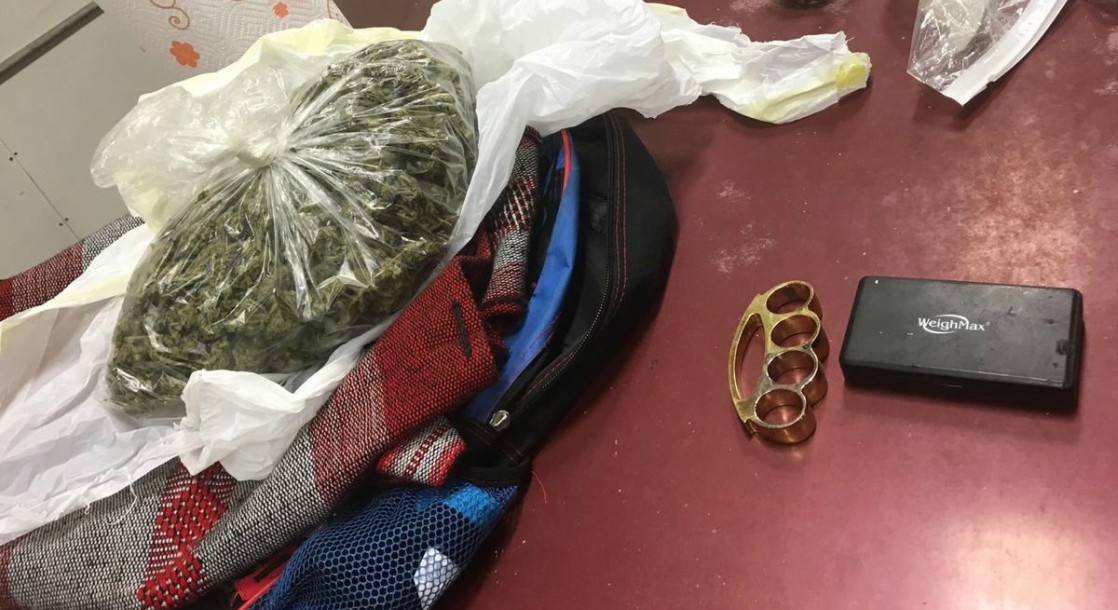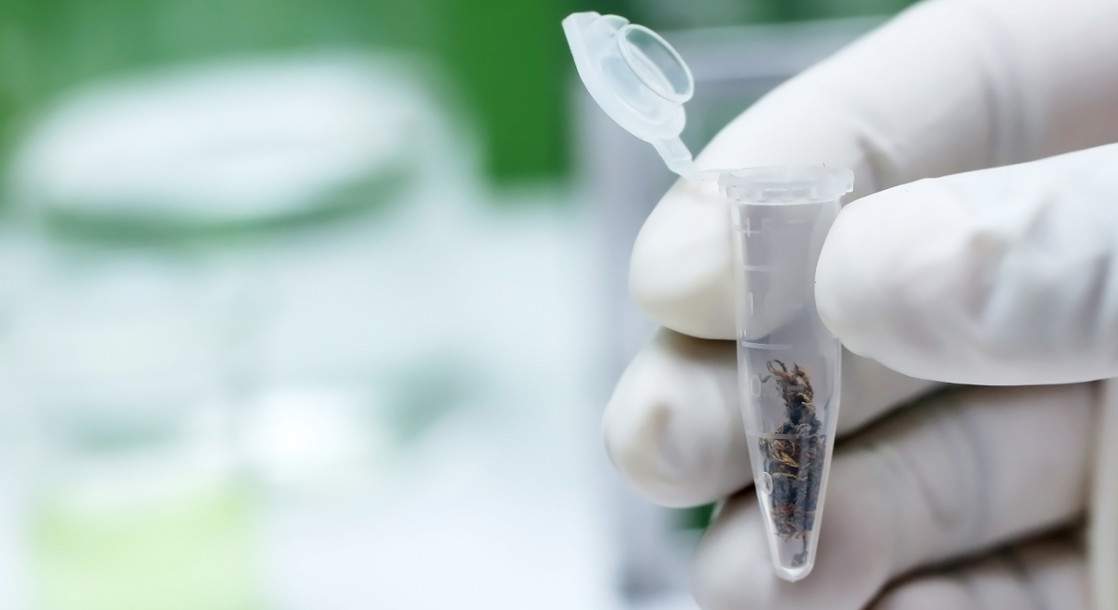Tribal police on the Makah reservation in Washington State have reported that a batch of marijuana they seized in a recent arrest may have been laced with fentanyl, a deadly synthetic opioid. Jasper Bruner, Makah police chief and public safety director, said that when his officers field-tested marijuana that was seized during the arrest, the test came back positive for fentanyl. Cannabis is illegal on the reservation, which operates under federal law, despite being legal in Washington state.
Bruner released a public notice warning residents of surrounding areas to beware of potentially fentanyl-contaminated pot, which was circulated widely on social media throughout the week. “We’re thinking there could be more,” Bruner said. “That’s why we put out the public notice. We don’t want anybody exposed to that.” The police chief said that the marijuana would be retested by the Washington State Patrol Crime Lab.
Federal and state law enforcement agencies working in the area have not reported discovering fentanyl-laced cannabis. “I can tell you we have had an increase in fentanyl seizures in the last year in the Pacific Northwest,” said Jodie Underwood, spokesperson for the Seattle Field Division of the DEA. “We issued nationwide alerts … because exposure to an amount equivalent to a few grains of sand can result in death.”
But while similar reports have been made across the world since fentanyl has emerged as the opioid epidemic’s most powerful powder, none of those previous warnings or emergencies were warranted, with government and health officials across the country and in Canada unequivocally denouncing the fentanyl-laced marijuana rumors.
Even with fentanyl-laced cannabis still an unproven myth, with zero confirmed cases of the drugs specifically mixed together and no explanation as to why that combination would be an enticing drug for users of either individual substance, Washington regulators are handling the situation in Makah very carefully.
“Obviously if this is confirmed, it would be concerning,” Clallam County Health Officer Dr. Chris Frank said. “It’s not only dangerous to the person with the substance use disorder, but it’s also dangerous for first responders.” Frank added that if there were an influx of fentanyl into the county, it would probably be detected quickly by the county's mandatory overdose reporting system.
Clallam County Sheriff Bill Benedict said that he wondered whether the specific marijuana sample that had been tested might have been contaminated. The sheriff also questioned why someone would want to lace pot with such a deadly opioid. “Most marijuana should come from approved stores,” he said. “You’d be an idiot to buy marijuana on the street.”











